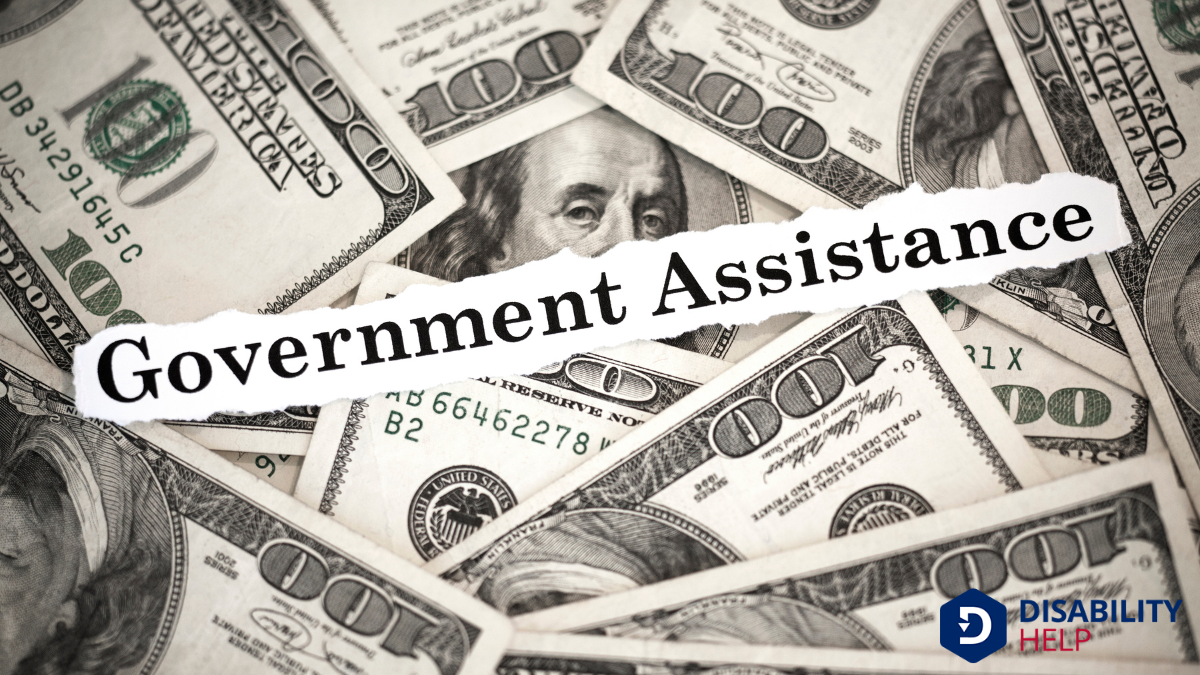When we're faced with an injury and can't afford the necessary medical treatment, it can feel overwhelming. But there are numerous avenues we can explore to guarantee we get the care we need without breaking the bank. From community health clinics offering sliding scale fees to government programs like MedicaidA U.S. government program that provides health coverage to eligible low-income individuals, includin..., options abound. Let's uncover these possibilities together and find practical solutions to ease the financial strain while accessing the treatment we deserve.
Key Takeaways
- Explore government assistance programs like Medicaid and MedicareA U.S. federal health insurance program for people aged 65 and older, and for some younger people wi... for affordable healthcare coverage based on eligibility.
- Contact community health clinics for affordable medical care on a sliding scale for urgent and follow-up treatments.
- Negotiate medical bills with billing departments, request itemized bills, and set up manageable payment plans.
- Inquire about charity care programs offered by hospitals for financial assistance based on need.
- Consider crowdfunding platforms to raise money for medical expenses by sharing your story and promoting the campaign.
Understanding Your Healthcare Rights
Understanding our healthcare rights is essential, especially after an injury when we may feel vulnerable and overwhelmed. It’s vital to know we’re entitled to certain protections and services.
When maneuvering the healthcare system, we've the right to informed consentThe legal and ethical requirement to ensure that individuals with disabilities understand and agree ..., meaning we should understand the procedures and treatments before they’re performed. We also have the right to privacy, ensuring our medical information remains confidential.
Let's not forget our right to emergency care. Hospitals must provide necessary treatment regardless of our ability to pay.
It’s important to communicate with healthcare providers about any concerns or questions we might have. By understanding these rights, we empower ourselves to make informed decisions about our medical care, helping us regain control during such challenging times.
Exploring Government Assistance Programs

Beyond knowing our healthcare rights, we should also explore the various government assistance programs available to support us financially after an injury. Programs like Medicaid can provide essential health coverage for those of us with limited income, ensuring we receive necessary medical care without overwhelming costs.
Additionally, Medicare might be an avenue for those over 65 or with certain disabilities. We shouldn't overlook the Affordable Care Act's marketplace, which offers subsidized insurance plans.
For veterans, the Department of Veterans Affairs provides extensive healthcare services. It's vital to research eligibility and application processes to determine which programs suit our situation.
Staying informed empowers us to make the best choices for our health and financial well-being, even in challenging times.
Utilizing Community Health Clinics
When facing the high costs of medical treatment after an injury, community health clinics can be a lifeline for affordable care.
These clinics offer services on a sliding scale based on income, ensuring we can access necessary medical attention without breaking the bank.
Many provide urgent care, physical therapy, and follow-up visits, all essential when recovering from injuries.
Negotiating Medical Bills
How can we effectively manage our medical expenses after an injury? Negotiating medical bills is a practical step we can take. Let’s explore some strategies together:
- Request Itemized Bills: Ask for detailed bills to verify charges are accurate and we’re not overcharged.
- Research Average Costs: Use resources like Healthcare Bluebook to understand standard costs for procedures and services.
- Communicate with Providers: Speak with billing departments directly to express financial difficulties and explore possible discounts.
- Set Up Payment Plans: Many hospitals and clinics offer payment plans to ease the immediate financial burden.
- Check for Errors: Scrutinize bills for any mistakes and dispute discrepancies promptly.
Investigating Charity Care Options
Why should we overlook charity care options when managing medical expenses after an injury? Many of us mightn't realize that numerous hospitals and clinics offer charity care programs to assist those unable to pay.
These programs can cover part or even all of our medical costs based on financial need. First, we should contact the hospital's billing department to inquire about available charity care options. They often require documentation of our income and expenses, but the effort could lead to substantial financial relief.
Different facilities have varying eligibility criteria, so we'd need to check multiple institutions. By using these resources, we can alleviate some of the financial burdens and focus more on recovery.
Considering Medical Crowdfunding

Have you ever considered turning to the power of community to help cover medical expenses? Crowdfunding can be a viable way for us to tap into the generosity of others when we face challenging medical bills.
By sharing our stories and needs online, we might garner support from friends, family, and even strangers who want to help.
Here are some essential tips for successful medical crowdfunding:
- Tell your story: Clearly explain the medical situation and why funds are needed.
- Use pictures and videos: Visuals can make our campaign more engaging.
- Set a realistic goal: Determine the amount necessary to cover expenses.
- Promote your campaign: Share it across social media and other platforms.
- Thank your supporters: Showing gratitude encourages more support and builds trust.
Let's consider this option thoughtfully.
Accessing Low-Cost Health Insurance Plans
While maneuvering through the complexities of medical expenses, finding low-cost health insuranceA system for paying for medical services, often covering preventive, diagnostic, and treatment costs... plans can greatly ease our financial burden.
We shouldn't underestimate the power of even basic coverage to help us manage unexpected medical costs. First, let's explore government programs like Medicaid, which offer free or low-cost coverage if we meet eligibility requirements.
Additionally, the Affordable Care Act Marketplace provides a range of options. We can compare different plans based on our needs and budget, possibly qualifying for subsidies to reduce premiums.
Local community health centers might offer sliding-scale fees, making healthcare more accessible.
It’s crucial to research and ask questions, ensuring we comprehend the available options. By doing so, we can make informed choices and secure coverage that fits our financial situation.
Exploring Worker’s Compensation Benefits
When an injury occurs at work, worker’s compensation benefits can be a lifeline to help cover medical expenses and lost wages.
It’s essential to understand the process to guarantee we receive the support we need. Here’s what we should consider:
- Report the injury promptly: Notify our employer as soon as possible to start the claims process.
- Seek immediate medical attention: Use the healthcare providers approved by our employer or insurance for valid claims.
- Keep detailed records: Document every medical appointment, treatment, and communication-related to the injury.
- Understand the benefits: Worker’s comp can cover medical bills, rehab costs, and a portion of lost wages.
- Stay informed about our rights: Knowing our entitlements helps us navigate the system effectively.
Let’s approach this with confidence and clarity.
Seeking Legal Assistance for Personal Injury Claims

After understanding our worker’s compensation benefits, it’s worth considering the role legal assistance can play in personal injury claims.
Sometimes, maneuvering through the complexities of these claims feels overwhelming, but we don't have to go it alone.
Legal experts can help us understand our rights and determine if we’re entitled to compensation beyond what insurance offers.
Conclusion
In facing medical expenses we can't afford, let's remember we have options. We can explore community clinics, negotiate bills, and consider crowdfunding to share our stories and seek support. Government programs and charity care might provide the relief we need, while low-cost insurance plans and workers' compensation could offer additional help. Don't hesitate to seek legal advice if it applies. Together, we're empowered to tackle these challenges and guarantee we get the care we deserve.






